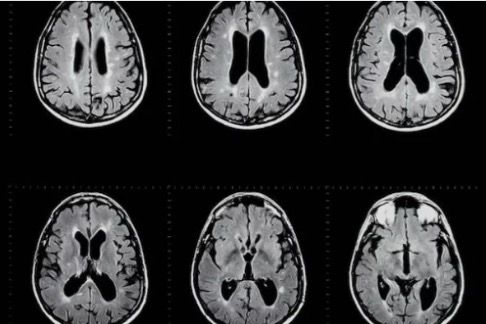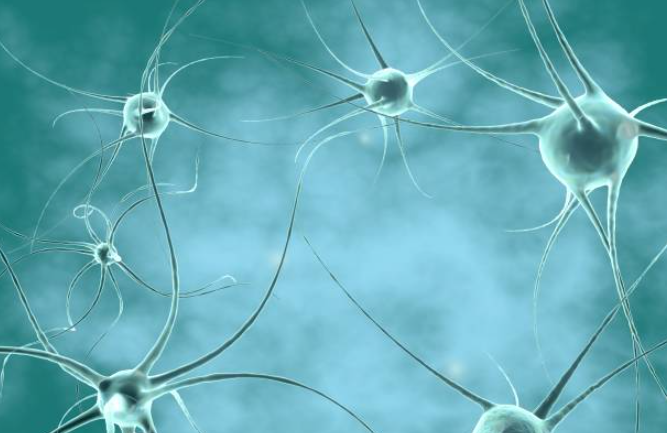ABSTRACT
Over the last decade, knowledge of antibodies linked to inflammatory disorders of the central nervous system, including forms of neuromyelitis optica (NMO) spectrum disorders, acute disseminated encephalomyelitis (ADEM), optic neuritis and transverse myelitis, has significantly reshaped the landscape of the diagnosis and clinical care. Notably, highly specific antibody assays have become an integral part of clinical decision making and include antibodies directed against the aquaporin-4 and anti–myelin oligodendrocyte glycoprotein (MOG).Various assays have been developed to identify...
•The central vein sign could be used for differential diagnosis.•PRLs appear in the early stages and are more common in inflammatory stages.•PRLs are related to more aggressive disease•Brain atrophy assessed could help us to assess progression•Smouldering MS and progressive MS can be imaged using classic and novel techniques•SELs are related to progressive phases of the diseaseBIOGRAPHYCELIA OREJA-GUEVARAProf. Celia Oreja-Guevara is Vice Chair of Neurology and Head of Multiple Sclerosis Center at the University Hospital San Carlos, Madrid and Professor of Neurology at the University Complutense,...
Identification of progression needs new (digital) tools:•Which can monitor different symptoma domains•Which can assessment neurological function in a quantitative way•Which are sensitive enough to detect even subtle changesPatient-reported outcomes can assist using innovative instruments to detect progression from the patient perspective.Data should be collected and analyzed on one platform.
Inflammation is the driving force in the pathogenesis of MS.Over the past decades, we can observe increased recognition that various immune cells are involved: [CD4+ Tc, CD8+ Tc, macrophages] plus Bc plus microglia.As a consequence of gained knowledge in the immunopathogenesis of MS -> DMTs are, thus, increasingly developed towards targeted treatments (at the right time of the disease course…). BIOGRAPHYTHOMAS BERGERProf. Thomas Berger, MD, MSc, FEAN, is Professor of Neurology and Chair of the Dept. of Neurology as well as Chair of the Comprehensive Center for Clinical Neurosciences...
BIOGRAPHY
MELINDA MAGYARI
Melinda Magyari is the director of The Danish Multiple Sclerosis Registry (link: www.dmsr.dk/) and a consultant neurologist at the Danish Multiple Sclerosis Center (COI). Her major research area is in multiple sclerosis and other inflammatory disorders of the central nervous system with a special interest in the changing epidemiology and gender differences. Using nationwide population-based data sources her research addresses questions on comorbidities, reproductive issues, risk factors and socioeconomic consequences in multiple sclerosis. She is involved in pharmacoepidemiological...
BIOGRAPHY
Vincent van Pesch
Van Pesch served as neurology resident at the Department of Neurology, Saint-Luc Hospital and then progressed in positions from Adjunct Clinical Head to Associate Clinical Head and finally to Adjunct Chief of Neurology Department at the Cliniques Universitaires Saint-Luc (COI). He is also responsible for the coordination and supervision of the neurophysiology unit and is consultant for the clinical biology department concerning neuro-immunological analysis. He obtained his medical degree in 1999 from the UCLouvain and then completed his PhD thesis...




